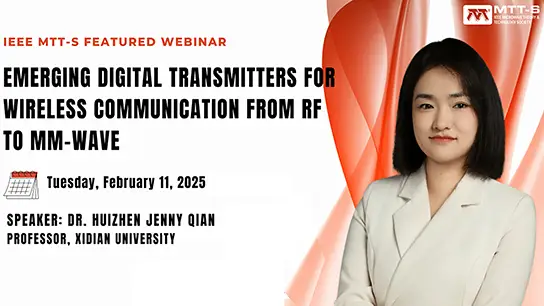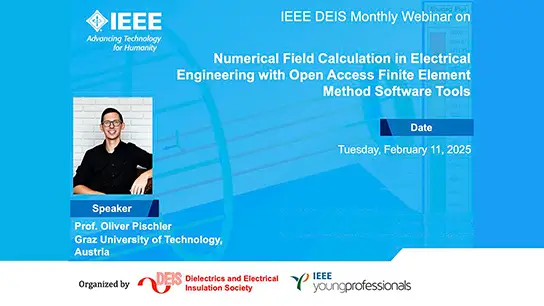Model Predictive Control in Power Electronics - A Critical Review and Recent Industrial Products-Video
Tobias Geyer
-
Members: FreePELS
IEEE Members: $11.00
Non-members: $15.00Length: 01:14:38
23 Mar 2021
Abstract: Various embodiments of model predictive control (MPC) principles have emerged as a promising control alternative for power conversion applications. The popularity of MPC is due to the fact that
predictive control algorithms present several advantages that make them suitable for the control of power electronic systems: MPC can handle converters with multiple states and switches, e.g., current, voltage, power, torque, etc. and constraints and nonlinearities can be easily accommodated;
and 4. the resulting controller is easy to implement.
predictive control algorithms present several advantages that make them suitable for the control of power electronic systems: MPC can handle converters with multiple states and switches, e.g., current, voltage, power, torque, etc. and constraints and nonlinearities can be easily accommodated;
and 4. the resulting controller is easy to implement.
Primary Committee:
PELS


